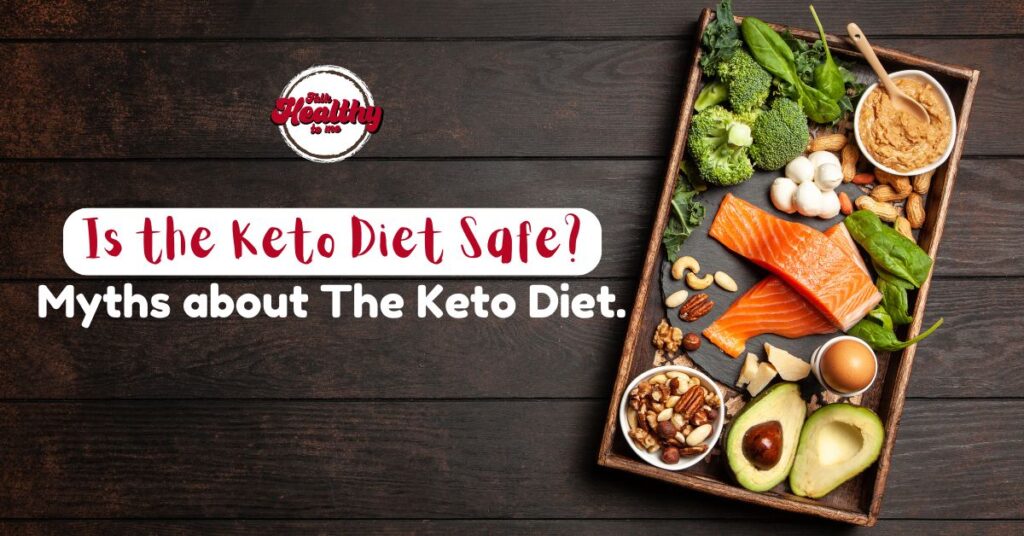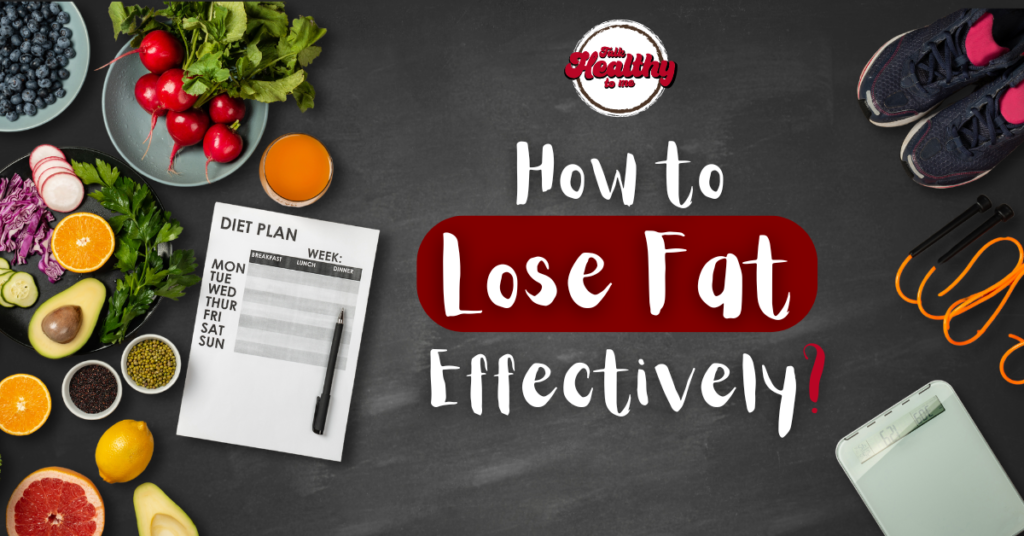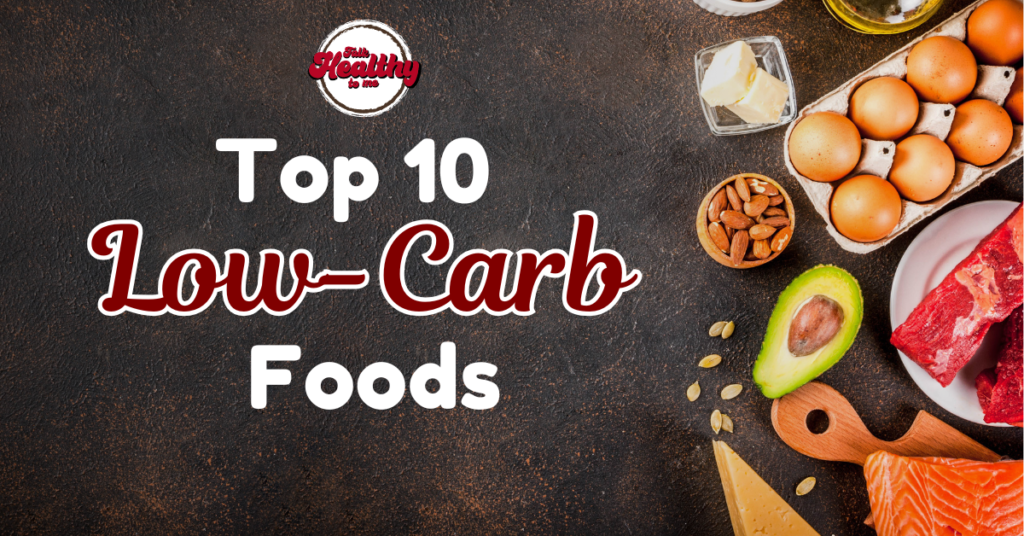If you’re someone who has ever tried to start a diet, there’s a high chance you’ve stumbled upon the Keto Diet.
But if you’re new to this, I’ll briefly explain.
The ketogenic diet, popularly known as the keto diet is a High Fat, Moderate Protein and a Low Carbohydrate way of eating food, consistently.
We can get energy in two ways:
- Glucose, our primary source of energy that the body converts into by eating carbohydrate rich food.
- Ketones, by decreasing the consumption of carbohydrates.
To get into a state of ketosis, we need to make the switch from Glucose to Ketones.
We are able to make this switch by limiting our carbohydrate intake between 20-50g per day. The keto diet emphasizes high fat to ensure the body has an energy source in the absence of carbs. This state of ketosis encourages the body to tap into its fat reserves.
With the rising popularity of keto and its efficiency in giving quick weight loss results, there are a plethora of misconceptions that have stormed the internet. Let’s dive right into it
1. Keto diet is a high protein low carb diet:
The keto diet is a high fat, ‘moderate’ protein and a low carb carbohydrate diet. This is very different from the famous atkins diet. Eating high amounts of protein will break down and convert to give glucose to the body which is what will stop ketosis. Protein needs to be moderated to around 20% of the daily calories in most cases.
2. Keto diet is harmful for the heart:
While there is a high consumption of fat in keto, it doesn’t mean it is bad for the heart. Infact, keto has shown to reduce inflammation, triglycerides, LDL and increase ‘HDL’ that is considered to be the good cholesterol as well as improves blood pressure. A few people who see an increase in LDL on keto, it is a temporary spike that has no effect on the cardiovascular risk.
3. Keto isn’t sustainable:
Many athletes, health professionals and people who understand ketosis, choose to stick with it for longer durations to reap the benefits of mental clarity, reduced inflammation and increased energy levels once fat-adapted as against the crashes associated with eating a high carbohydrate diet.
4. One can’t exercise being on keto:
Exercising while in ketosis has shown to increase endurance, better recovery leading to improved performance, lesser body pains and a constant state of energy throughout the day in people who have been fat-adapted.
5. Keto leads to ketoacidosis:
Ketoacidosis is a medical condition pertaining to people with Type 1 diabetes with higher than normal ketones in their blood. This has nothing to do with ketosis, which is a natural state of the body when carb intake is low to supply energy.
6. Keto causes Constipation:
When the body goes through a change in the diet, it is normal for some people to face constipation temporarily. This can be regulated by ensuring there are a variety of low carb vegetables like zucchini, cauliflower, leafy greens, cucumber and even some fruits like blueberries & strawberries.
7. Keto is fad diet:
Now most people attempting keto on their own do not adhere to a nutritional approach and cut out all carbs to enter a state of ketosis quickly. However, it’s important to seek the help of a professional to ensure keto is done in a sustainable balanced way.
8. Keto is expensive:
While certain food options in keto can be pricey, but there are many affordable options that can fit in the diet perfectly. Smart planning and shopping ahead can make keto pocket friendly.
9. Eating fat makes you fat:
There is no question that most people trying to lose weight first cut out fat from their meals. But entering a state of ketosis is a completely different approach to improve one’s metabolic health and requires the body to consume fats in order to tap into its fat reserves to burn fat. Decreasing carbohydrates under 50g a day is a crucial step here.
10. Keto requires eating less calories:
This diet does not limit calories because fat is slower to digest and difficult to overeat, promoting higher satiety. One can eat till they’re full as long as they’re limiting carbohydrate intake which makes it more sustainable.
11. Keto causes or worsens fatty liver disease:
There are plenty of studies done to show how the keto diet helps improve the fatty liver whereas eating a diet high in carbohydrates and fructose, as a matter of fact, worsens non-alcoholic fatty liver disease.
12. Keto is not good for the Gut:
People with GERD witness an improvement in their symptoms and acid reflux episodes due to the healing process of the body on a low carbohydrate diet vs a high carb & sugar diet that turns out to be the root cause.
For more information on Keto Diet, reach out to Talk Healthy to Me.





